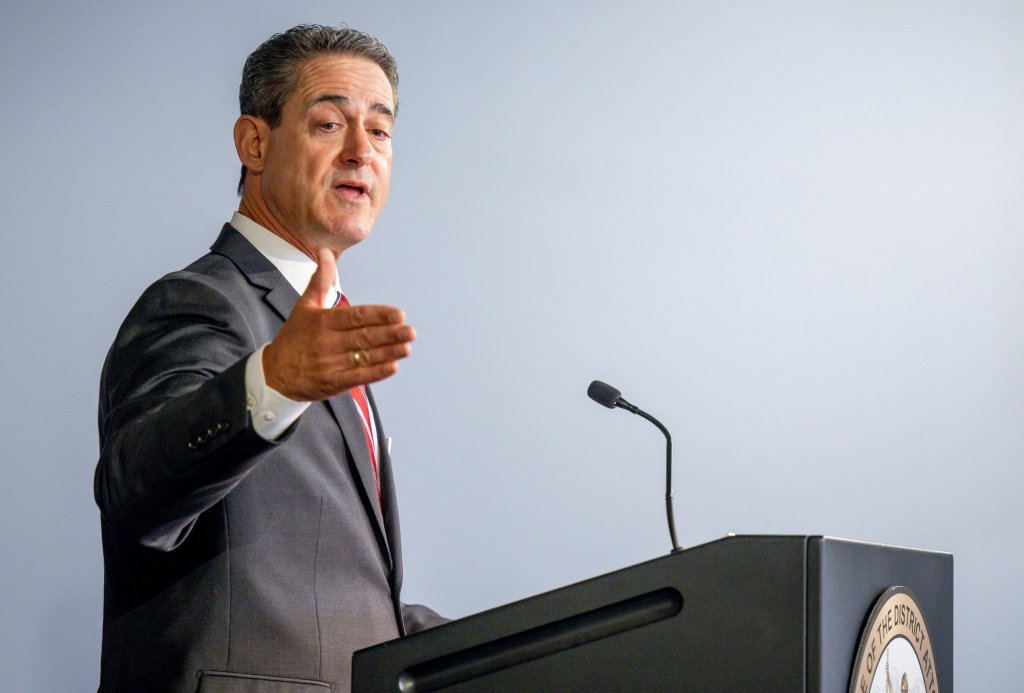An appellate court has revived a lawsuit challenging the Orange County district attorney’s unregulated DNA program, which offers leniency to low-level defendants who “volunteer” to give their genetic material.
The suit by two professors at UC Irvine, was rejected earlier on a technicality by a lower court, but revived Tuesday, April 11, by a three-member panel of the Fourth District Court of Appeal.
At issue is whether the district attorney’s practice of taking DNA from misdemeanor defendants in exchange for dropping charges or reducing punishments denies them their legal rights.
State and federal law allow DNA to be collected and stored in state and national databases for felony and some misdemeanor offenses, such as arson and some sexual crimes. Orange County, however, collects DNA locally for misdemeanors, such as driving under the influence.
‘Spit and acquit’
The program, dubbed by defense attorneys “spit and acquit,” has helped local prosecutors amass a private database of more than 182,000 DNA profiles — larger than the individual databases of 25 states.
The lawsuit by UCI criminology professor emeritus William Thompson and criminal justice professor Simon Cole alleges the program is a secretive form of genetic surveillance. Thompson is a longtime watchdog over DNA analyses and aided in the shutdown of Houston’s crime lab in 2002.
The suit contends defendants could feel pressured into accepting DNA deals without fully understanding how the genetic material could be used and without knowing their rights to an attorney. The appellate ruling acknowledges that many of the deals are struck in courthouse hallways before the defendant has even seen a judge.
Information ‘may be exploited’
Justice Eileen Moore, joined by Justices Thomas Goethals and Joanne Motoike, wrote that defendants may not be fully aware of the consequences of giving up their DNA.
“Due to its complexity, a significant number of alleged misdemeanants will likely be…
Read the full article here






